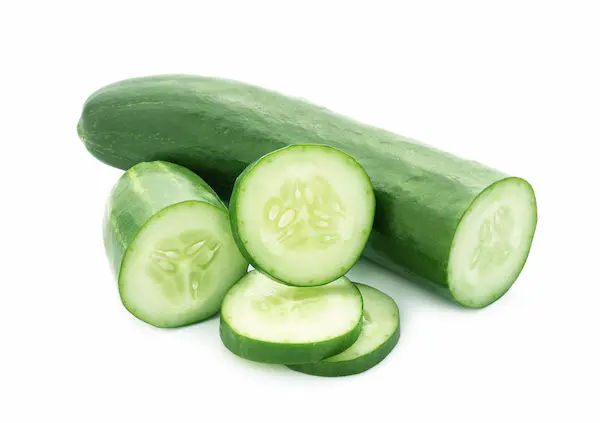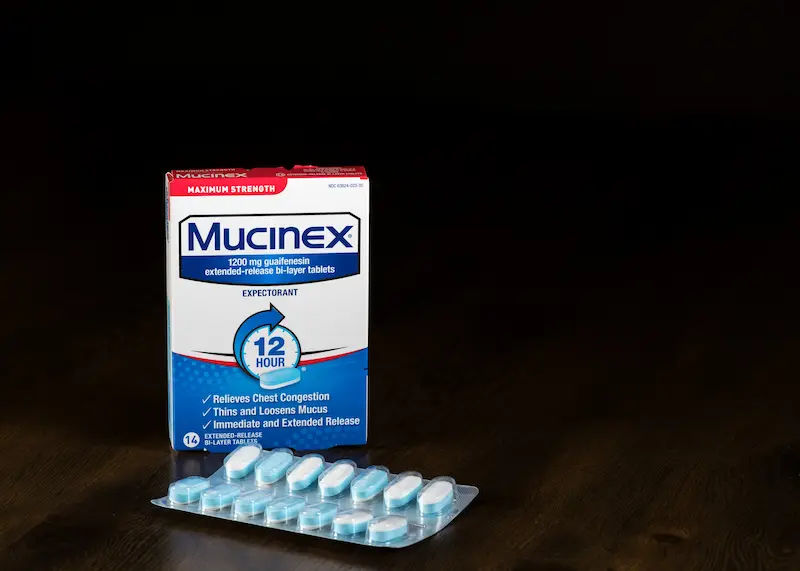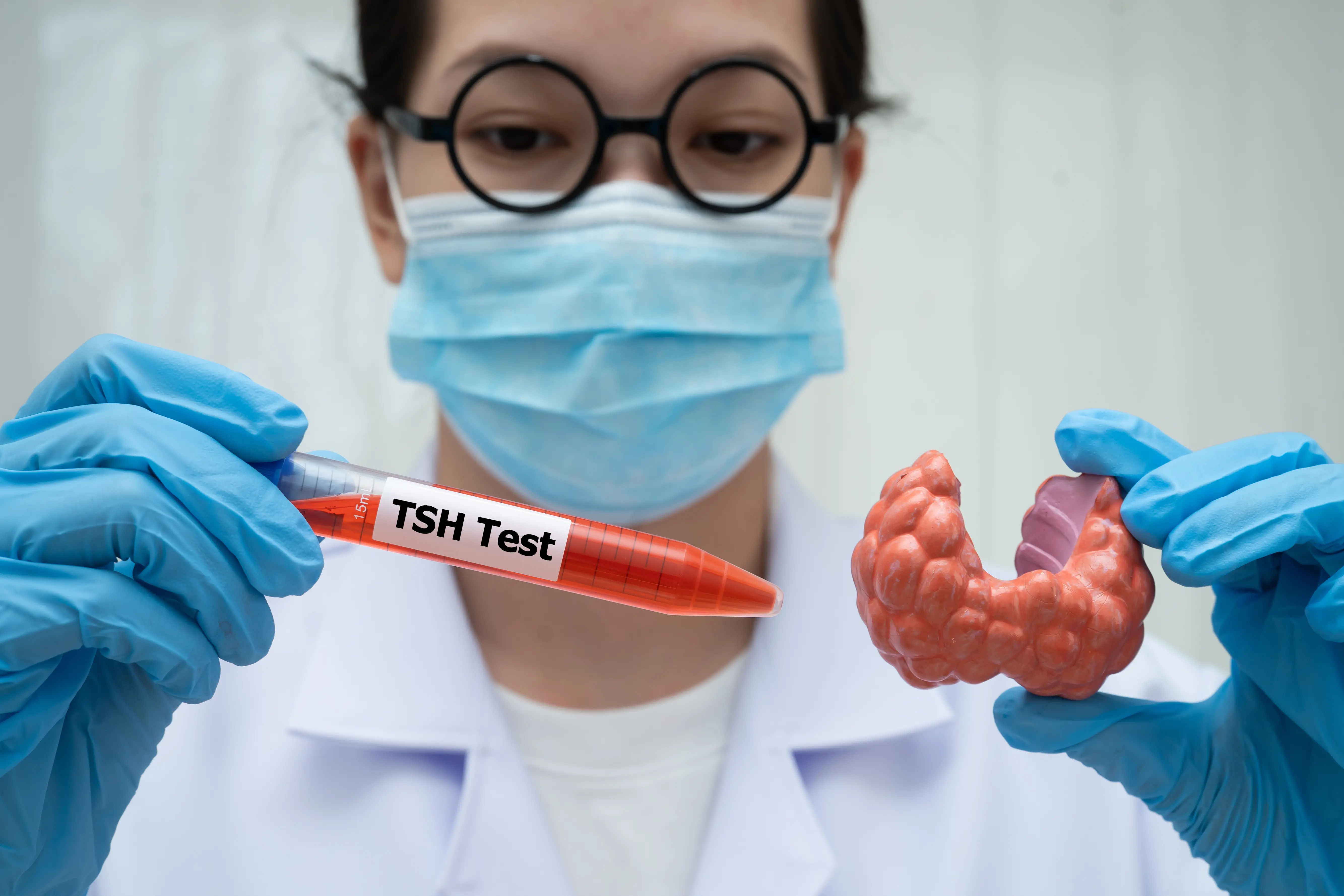The Ultimate Guide to Gut-Friendly Foods for a Happier Tummy
Discover the ultimate guide to gut-friendly foods. Learn the difference between prebiotics and probiotics, find the best foods for a healthy gut, and get a sample meal plan.

Written by Dr. Shaik Abdul Kalam
Reviewed by Dr. Vasanthasree Nair MBBS
Last updated on 13th Jan, 2026

Ever experienced a "gut feeling"? That phrase exists for a reason. Your gastrointestinal system, often called your "second brain," is home to trillions of bacteria that influence everything from your digestion and immunity to your mood and sleep. The key to unlocking this well-being lies on your plate. This ultimate guide to gut-friendly foods will demystify the science of your microbiome and provide a practical roadmap to nourish it. We'll explore the powerful probiotic and prebiotic foods that act as fuel for your beneficial bacteria, identify items to limit, and show you how to easily incorporate these choices into your daily life for a happier, healthier you.
Why Your Gut Health is Your Overall Health
Your gut is far more than a food-processing tube. It's a complex ecosystem, and its health is foundational to your entire well-being. A balanced gut microbiome—the community of bacteria, viruses, and fungi living in your intestines—is crucial for efficient digestion, robust immune function (nearly 70% of your immune system resides in your gut), and even the production of essential vitamins like B and K. When this ecosystem is out of balance, a condition known as dysbiosis, it can lead to a cascade of issues far beyond stomach cramps.
Meet Your Gut Microbiome: The World Inside You
Imagine a vast, diverse metropolis inside your colon, home to about 40 trillion microorganisms. This is your gut microbiome. We have a symbiotic relationship with these microbes: we provide them with food and shelter, and in return, they help us break down complex carbohydrates, protect us from pathogenic invaders, and strengthen our gut lining. The goal isn't to sterilize this environment but to cultivate a diverse and thriving community of beneficial bacteria.
The Gut-Brain Axis: How Your Gut Talks to Your Brain
One of the most fascinating discoveries in modern science is the gut-brain axis, a bidirectional communication network linking your central nervous system to your enteric nervous system (the nervous system of your gut). This highway is traveled by neural signals, hormones, and immune system molecules. This is why stress can trigger stomach butterflies ("nervous stomach"), and conversely, an unhealthy gut can send signals to the brain that influence mood, anxiety, and cognition. This connection underscores why investing in gut health is an investment in mental well-being.
Signs of an Unhealthy Gut (And When to See a Doctor)
How do you know if your gut needs attention? Common signs include persistent bloating, gas, constipation, diarrhea, heartburn, and unexplained fatigue. Skin conditions like eczema, frequent headaches, and strong sugar cravings can also be linked to gut imbalance. While dietary changes can work wonders, it's important to listen to your body. If symptoms like severe abdominal pain, blood in your stool, or unexplained weight loss persist beyond two weeks, consult a doctor online with Apollo24|7 for further evaluation to rule out underlying conditions.
The Gut Health Superheroes: Probiotic Foods
When looking to improve gut health naturally, probiotics are the most direct tool. These are live beneficial bacteria that, when consumed in adequate amounts, can colonize your gut and confer a health benefit. Think of them as adding new, healthy citizens to your gut metropolis.
What Are Probiotics and Why Do You Need Them?
Our modern lifestyle—stress, processed foods, and antibiotics—can deplete our natural levels of good bacteria. Consuming probiotic foods helps replenish these populations. Different strains offer different benefits; for example, Lactobacillus and Bifidobacterium strains are renowned for supporting digestive health and immune function.
Top Fermented Foods to Add to Your Diet
Fermentation is an ancient preservation process where natural bacteria feed on the sugar and starch in food, creating lactic acid. This process not only preserves the food but also creates beneficial enzymes, B vitamins, and various strains of probiotics.
Yogurt & Kefir: The Dairy Powerhouses Yogurt is the most well-known probiotic food. Look for labels that say "live and active cultures" and minimal added sugar. Kefir, a fermented milk drink, is often even more potent than yogurt, containing up to 30 different strains of bacteria and yeast, making it a true probiotic powerhouse.
Kimchi & Sauerkraut: The Fermented Veggie Stars These fermented cabbage dishes are staples in Korean and German cuisines, respectively. They are rich in probiotics and vitamins A, B, and C. For the biggest benefit, choose refrigerated, unpasteurized versions, as pasteurization kills the live bacteria.
Kombucha: The Fizzy Fermented Tea This fermented sweet tea is a trendy source of probiotics. However, be mindful of the sugar content in some commercial brands.
Miso & Tempeh: Gut-Friendly Protein Options Miso, a fermented soybean paste used in Japanese cooking, and tempeh, a fermented soybean cake, are excellent probiotic sources for those following a plant-based diet.
Feeding the Good Bugs: Prebiotic Foods
You can take all the probiotics in the world, but if you don't feed them, they won't thrive. This is where prebiotics come in. They are the unsung heroes of gut health.
Prebiotics vs. Probiotics: What's the Difference?
If probiotics are the seeds, prebiotics are the fertilizer. Prebiotics are a type of non-digestible fiber that pass through your small intestine undigested and ferment in the colon. This fermentation process feeds the beneficial bacteria, helping them to multiply and produce short-chain fatty acids like butyrate, which is the primary fuel for the cells lining your colon and has powerful anti-inflammatory properties.
The Best Prebiotic-Rich Foods for Fueling Microbes
The best prebiotic foods are those high in specific types of fiber like inulin and fructooligosaccharides (FOS).
Garlic, Onions, and Leeks: The Allium Family These flavorful kitchen staples are incredibly rich in inulin and FOS. They help stimulate the growth of beneficial Bifidobacteria and can be easily added to soups, stews, and sautés.
Asparagus and Jerusalem Artichokes Jerusalem artichokes (sunchokes) have one of the highest inulin contents of any vegetable. Asparagus is also a fantastic source of inulin and can be roasted, grilled, or steamed.
Bananas: The Convenient Prebiotic Slightly underripe bananas are particularly high in resistant starch, which acts as a prebiotic. They are a perfect on-the-go snack to support your gut bugs.
Oats and Barley: Whole Grain Wonders These whole grains contain beta-glucan, a fiber with prebiotic benefits that has been linked to healthy gut bacteria and improved blood sugar control.
Consult Top Specialists
Beyond Probiotics and Prebiotics: Other Gut-Friendly Stars
A holistic approach to a gut microbiome diet includes more than just pro- and prebiotics.
Polyphenol Power: Berries, Dark Chocolate, and Green Tea
Polyphenols are plant compounds with antioxidant properties. They aren't always easily digested, so they make their way to the colon where gut bacteria break them down. This process helps beneficial bacteria flourish. Excellent sources include blueberries, almonds, olives, and dark chocolate (choose 70% cocoa or higher).
Healthy Fats: Avocado, Olive Oil, and Nuts
Healthy fats, particularly those from extra virgin olive oil and avocados, have anti-inflammatory properties that can help soothe the gut lining and create a healthier environment for your microbiome.
The Importance of a Diverse, Plant-Based Diet
The single best piece of advice for gut health is to eat a wide variety of plant-based foods. Different bacteria prefer different fibers. A 2018 study published in the journal mSystems found that people who ate more than 30 different plant types per week had a significantly more diverse microbiome than those who ate 10 or fewer. Aim for a "rainbow" of fruits, vegetables, legumes, nuts, and seeds.
Foods That Can Harm Your Gut Microbiome
Just as some foods build a healthy gut, others can disrupt it.
The Impact of Highly Processed Foods and Sugars
A diet high in processed foods, refined carbohydrates (white bread, pastries), and added sugars can promote the growth of inflammatory bacteria and yeast (like Candida) while starving the beneficial ones. This can lead to dysbiosis and a weakened gut lining.
Artificial Sweeteners: A Mixed Bag for Gut Bugs
Emerging research suggests that non-nutritive artificial sweeteners like aspartame, sucralose, and saccharin may negatively alter the gut microbiota, potentially reducing its diversity. While more research is needed, it's wise to consume them in moderation.
The Role of Red Meat and Saturated Fats
Some studies indicate that a high intake of red meat and saturated fats may encourage the growth of bacteria that produce compounds linked to an increased risk of heart disease. Moderation is key.
Putting It All Together: A 1-Day Gut-Friendly Meal Plan
Breakfast: A bowl of plain Greek yogurt (probiotic) topped with blueberries (polyphenol), a sliced banana (prebiotic), a sprinkle of oats (prebiotic), and a tablespoon of almonds (polyphenol).
Lunch: A large salad with mixed greens, chickpeas, roasted asparagus (prebiotic), and a miso-based salad dressing (probiotic).
Snack: A glass of kefir (probiotic) or an apple with a handful of walnuts.
Dinner: Grilled salmon (rich in omega-3s, anti-inflammatory) with a side of quinoa and a sauté of garlic (prebiotic), onions (prebiotic), and kale.
Beverage: Water, green tea (polyphenol), or kombucha (probiotic) throughout the day.
Quick Takeaways
Your gut microbiome is central to your digestion, immunity, and even mood.
Probiotics (e.g., yogurt, kimchi) add beneficial bacteria to your gut.
Prebiotics (e.g., garlic, oats, bananas) are fiber that feeds your good gut bacteria.
A diverse diet of 30+ different plants per week is the ultimate goal for microbiome health.
Limit highly processed foods, sugars, and artificial sweeteners to avoid harming your gut bugs.
Polyphenols (berries, green tea) and healthy fats (avocado, olive oil) also support a healthy gut.
Listen to your body and consult a doctor for persistent digestive issues.
Conclusion
Transforming your gut health doesn't require a complete diet overhaul overnight. It's about making consistent, mindful choices to nourish the intricate ecosystem within you. By incorporating a variety of gut-friendly foods—prioritizing both probiotic and prebiotic-rich options—you are investing in your long-term health from the inside out. Start small: add a serving of yogurt to your breakfast, throw some garlic and onions into your dinner, or snack on a banana. Pay attention to how these changes make you feel. Your gut is always listening; it's time to start a positive conversation with it through the powerful language of food. If after several weeks of dietary changes your digestive issues remain unresolved, it may be helpful to book a physical visit to a doctor with Apollo 24|7 to discuss your symptoms in depth.
Consult Top Specialists
Consult Top Specialists

Dr. Sunil Kaul
General Surgeon
30 Years • MBBS, MS, FICS, FIMSA, FMAS
Delhi
Apollo Hospitals Indraprastha, Delhi
(25+ Patients)

Dr Piyush Vishwakarma
Gastroenterology/gi Medicine Specialist
11 Years • MBBS, MD, DrNB,
Delhi
Apollo Hospitals Indraprastha, Delhi

Dr. Amit Pandita
Gastroenterology/gi Medicine Specialist
10 Years • MBBS. MD (INTERNAL MEDICINE) DrNB (GASTROENTEROLOGY AND HEPATOLOGY)
Delhi
Apollo Hospitals Indraprastha, Delhi

Dr. Ankit Vijay Agarwal
Gastroenterology/gi Medicine Specialist
14 Years • MBBS(Osmania), DNB(Internal Medicine ), DM ( Osmania) Consultant Gastroenterologist, Hepatologist and Advanced Therapeutic Endoscopist
Hyderabad
Apollo Hospitals Jubilee Hills, Hyderabad

Dr Bhargav Vuppumalla
General Physician/ Internal Medicine Specialist
5 Years • MBBS MD GENERAL MEDICINE
Bengaluru
Apollo Medical Center, Marathahalli, Bengaluru




